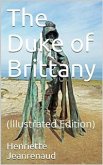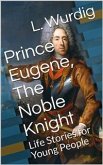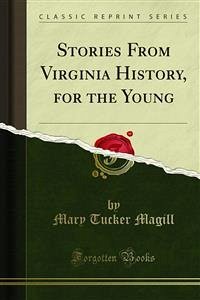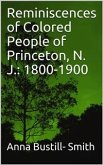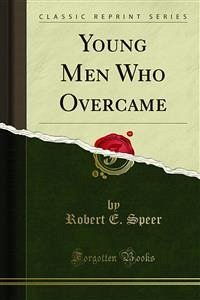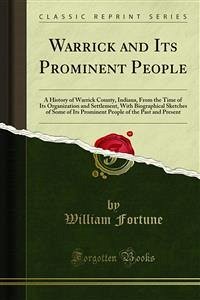Emin Pasha, sometimes called “the father of the Equatorial Provinces,” is a notable figure in the records of African exploration. He was preëminently a scientist and was devotedly fond of zoölogy and botany. Amid all his cares of office, his sufferings from the hardships of African exploration, his neglect and ill-treatment at the hands of the Khedive and his ill-health and growing blindness, he pursued his scientific investigations with passionate ardor.
No African explorer ever had the welfare of the Soudanese more at heart than he, and yet he met a cruel fate at the hands of treacherous Arabs and was murdered while studying his favorite plants and birds. In all his long career he never injured anyone, but constantly strove for the welfare of the natives and retained his confidence in them after it was apparent to almost everyone else that they were treacherously conspiring against him.
The German author now and then hints at friction between Emin Pasha and Stanley, and is inclined to blame Stanley for indifference as to Emin’s fate after he had been sent to bring him relief. The friction, if it existed, was probably due to the different temperaments of the two men. Emin Pasha was conservative, blindly attached to the Soudanese, certain he could govern them by mild measures, a quiet, reserved scholar passionately devoted to scientific pursuits and at home in Africa, rather than an explorer. Stanley was a man of action, bold, and dashing, who, in the phrase of the day, might be called “a hustler.” It is undoubtedly true that at times he had little patience with Emin’s slowness and cautiousness and his scientific absorption which sometimes rendered him oblivious to dangers besetting him.
No African explorer ever had the welfare of the Soudanese more at heart than he, and yet he met a cruel fate at the hands of treacherous Arabs and was murdered while studying his favorite plants and birds. In all his long career he never injured anyone, but constantly strove for the welfare of the natives and retained his confidence in them after it was apparent to almost everyone else that they were treacherously conspiring against him.
The German author now and then hints at friction between Emin Pasha and Stanley, and is inclined to blame Stanley for indifference as to Emin’s fate after he had been sent to bring him relief. The friction, if it existed, was probably due to the different temperaments of the two men. Emin Pasha was conservative, blindly attached to the Soudanese, certain he could govern them by mild measures, a quiet, reserved scholar passionately devoted to scientific pursuits and at home in Africa, rather than an explorer. Stanley was a man of action, bold, and dashing, who, in the phrase of the day, might be called “a hustler.” It is undoubtedly true that at times he had little patience with Emin’s slowness and cautiousness and his scientific absorption which sometimes rendered him oblivious to dangers besetting him.



